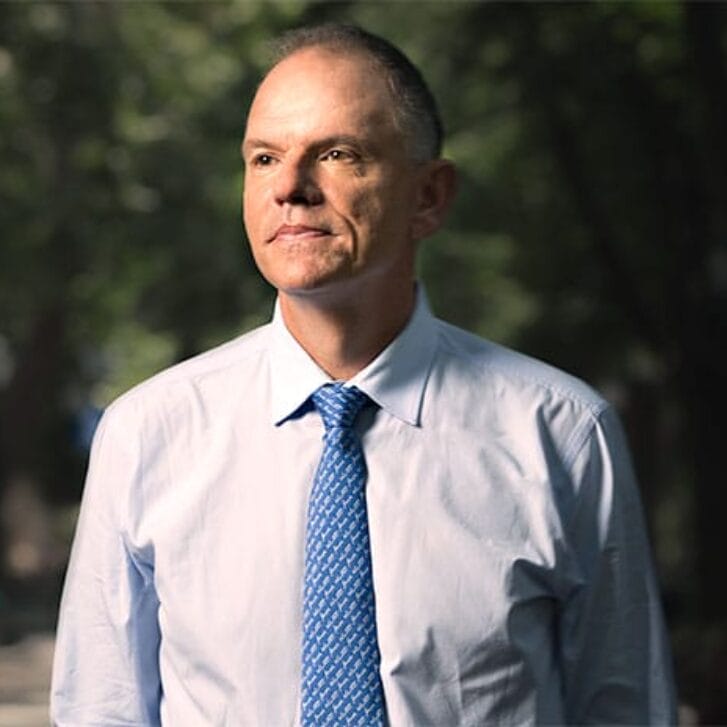Three days after serving eight years in the U.S. Army, Mike Daschle, WG’14, started his Wharton career with a desire to focus on real estate development. This “drastic culture change” was one reason the then-MBA student opted to participate in the Wharton Executive Coaching and Feedback Program (ECFP).
“I recognized it was a very unique opportunity to have a personal coach who could guide me through a very transitional period in my life,” says Daschle, who graduated from West Point and served in Iraq in 2006 and Afghanistan in 2008 and 2009.
He and his coach focused on more boldly and effectively communicating Daschle’s passion for his desired career, while also paying attention to time management and stress-reduction skills. The program involved role-playing and at-home exercises, including creating a list of character traits that Daschle admired and discussing how such traits are exhibited.
Rolled out in 2012 as part of the new MBA curriculum, the program has drawn many more students than originally anticipated, reports its director, Lynn Krage, who screened the 50 or so executive coaches matched up with students. The initial student demand forecast was 350, Krage says; instead, more than 500 students signed up that first year. This year, nearly 600 enrolled.
Watch a one-on-one Wharton Executive Coaching and Feedback Program session in the video above.
MBA students begin the program with a 360-degree feedback assessment, followed by individual sessions throughout their first year. One more session occurs in the fall of their second year.
“This is a leadership development tool that most companies don’t offer until you are at the executive level,” Krage says.
New York-based executive coach and now Wharton MBA student coach Terri Wein, W’84, WG’88, agrees. Such coaching usually is too expensive for anyone but “high-potential employees.” At Wharton, it’s a valuable tool students can take with them when they leave campus.
“It’s my job as a coach to work with each student not only to identify his/her areas of development to become a better leader, but how to effectively bring out the best in each of them,” she says.
Second-year MBA student Rena Fried particularly values the work on her body language and presence in meetings, which is meant to correct the misperception that she is not engaged.
“I was able to turn that around, and I felt there was a real change,” she says.
“The coaching program is a huge distinguishing factor for me that differentiates Wharton from the other major schools,” says Andrew Towne, who’s earning a dual degree from Wharton and the Penn Law School.
“Perhaps the biggest reason I participated was the fundamental belief that leadership is learned and not innate—that the best way to learn leadership is through study, practice and refinement just like you would learn a sport or an academic subject,” he says.
ECFP is part of the Wharton Leadership Program, which has experienced its own benefit from the program.
“Our workshops focus on a particular leadership skill or set of skills—such as emotional intelligence, influence and communications—and we’ve found that the momentum being built around focused personal development within ECFP is driving more participation in the workshops—a great outcome,” says Jeff Klein, WG’05, executive director of the Wharton Leadership Program.
—Anne Freedman


























